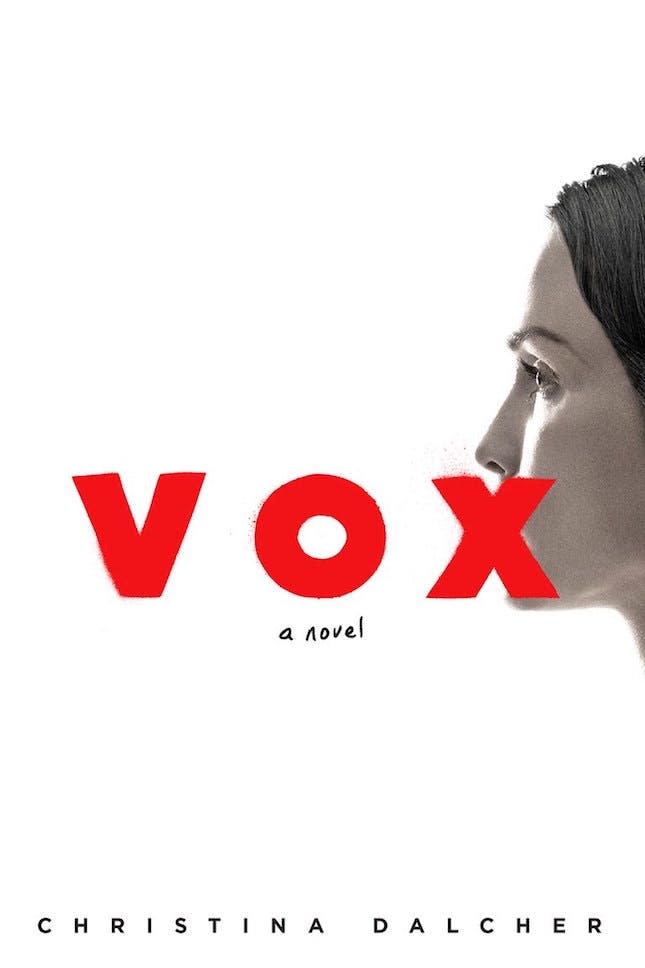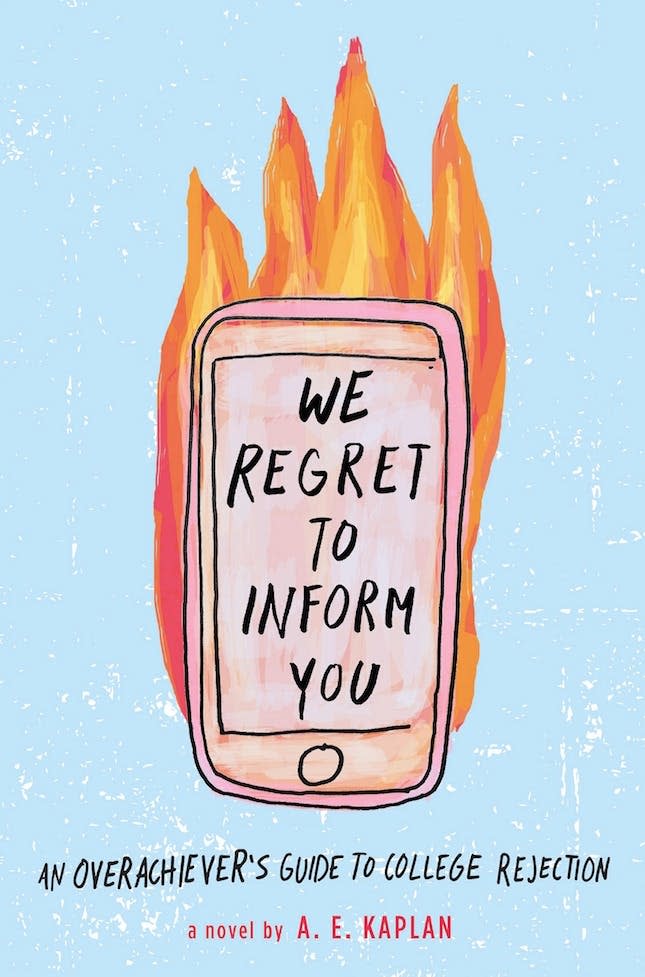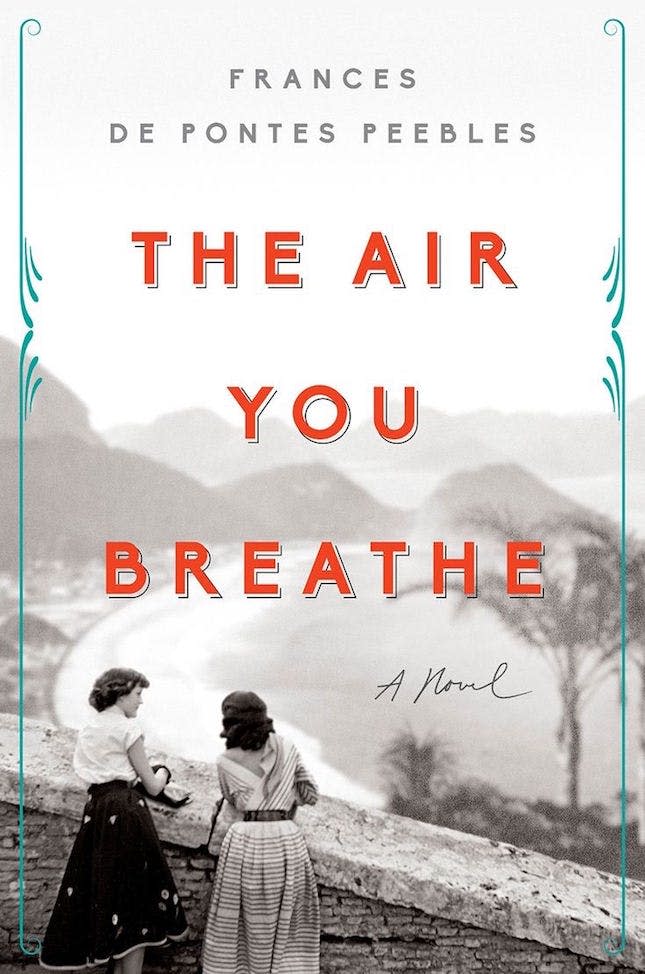3 New Books About Ambitious Women Against All Odds
The poet Langston Hughes famously asked us, “What happens to a dream deferred?” Thwarted ambition, particularly that which comes from circumstances beyond our control, can ruin lives and cause rage, pain, or even revolution. The women in the novels featured in this week’s book club all have one thing in common: What they want seems just out of reach, mostly due to societal repression based on gender or class. Do their delayed dreams cause these women to shrivel up or to explode? You’ll have to read these books to find out.
1. Vox by Christina Dalcher ($26): “Sometimes, I trace invisible letters on my palm. While Patrick and the boys talk with their tongues outside, I talk with my fingers. I scream and whine and curse about what, in Patrick’s words, ‘used to be.’ This is how things are now: We have allotments of one hundred words a day. My books, even the old copies of Julia Child and — here’s irony — the tattered red-and-white-checked Better Homes and Gardens a friend decided would be a cute joke for a wedding gift, are locked in cupboards so Sonia can’t get at them. Which means I can’t get at them either. Patrick carries the keys around like a weight, and sometimes I think it’s the heaviness of this burden that makes him look older. It’s the little stuff I miss most: jars of pens and pencils tucked into the corners of every room, notepads wedged in between cookbooks, the dry-erase shopping list on the wall next to the spice cabinet. Even my old refrigerator poetry magnets, the ones Steven used to concoct ridiculous Italo-English sentences with, laughing himself to pieces. Gone, gone, gone. Like my email account. Like everything.”
Vox takes on the horrifying thwarted ambition of an entire gender with a Handmaid’s Tale-style set-up dealing with a United States that’s become a fundamentalist prison for women. After a shady preacher named Reverend Carl takes control of the government with his puritanical “Pure Movement,” women are restricted to using 100 words or fewer per day. Any more, and they’re shocked for each utterance via a wristband. Women are also not allowed to read or write, work, learn about science, or hold passports; after all, the reverend claims, the country doesn’t want its citizens fleeing. As the rest of the world looks on in horror and schadenfreude, Dr. Jean McClellan, who used to work as a cognitive linguist before being forced into the role of subservient housewife to her husband and four children, silently nurtures the ever-growing rage inside her.
When the president’s brother requires delicate linguistic help after an accident, Jean is given special dispensation to work his case and speak. Haunted by her past inaction at the fates of other, more marginalized groups until it was too late for her own, she has to decide how and whether to use her last gasp of freedom for good, and possibly even revolution. Regaining her speech might be the thing that helps her find her voice.
2. We Regret to Inform You by Ariel Kaplan ($21): In Kaplan’s novel, high schooler Mischa Abramavicius is your textbook-driven alpha student. With her ambition and her excellent grades and extracurricular record from the impressive private school she attends (on scholarship), everyone assumes she’s a shoo-in for college admissions success. But when every single school Mischa applies to rejects her, even her last-choice safety school, she is embarrassed and despairs for the bright future fate has seemingly conspired to ruin. She doesn’t want to tell anyone, but she also starts to suspect that all was not well with her application; then, she finds evidence of potential sabotage.
“The college admissions formula. This is the formula that hangs over your head from the first day of high school until the day you walk out again, mortarboard atop your head, diploma in your hand, as your mother cries and takes way too many pictures,” Mischa explains. “It’s the formula you parse out in dreams, pick at while eating pizza during student government meetings or studying for finals that account for precisely 20% of your grade. The one you wake up thinking about every morning, the one you breathe in and out like heavy oxygen, filling your lunches with it as you walk from class to class, as you grip your pencil while you scribble on pop quizzes, as you flex your tired fingers while you hammer out essays on keyboards. It lingers behind your eyes as you drift off to sleep, dreaming of that single ‘YES’ that will be the key to unlocking four years of learning and networking, and a lifetime of success to follow.”
When everything goes wrong, Mischa has to investigate, but she also has to do some serious soul-searching. She must figure out what all of her ambition has been for, and what she actually wants out of life: The loss of her greatest goals actually creates a curious kind of freedom for her to determine what’s next outside of the narrative she’d originally constructed.
3. The Air You Breathe by Frances de Pontes Peebles ($26): Maria das Graças and Maria das Dores may have the same first name, but their lives in early 20th-century Brazil couldn’t be more different. Abandoned and taken in by servants as a sickly child, Dores, called Jega, is the lowest servant in the Great House. Graças is a child of extreme privilege, daughter to the sugar cane-wealthy family who owns the house. Despite the power imbalance that divides them and a rocky beginning, the two soon become fast friends. What really unites them is their shared love of samba and the desire for musical stardom.
The 95-year-old Dores narrates the intertwined life experiences of the two women, as they (one a singer and the other a songwriter) try to make it in an industry where “Ambition, in a sambista and especially in a woman, was seen as an unforgivable fault.” The capriciousness of stardom and the rivalries it can cause, especially when one friend succeeds and the other doesn’t, form the basis of this tale that takes the women from the sugar cane plantation to the urban center of Rio de Janeiro and even to Hollywood.
“If I could hear my life — if I could put it on a turntable like a worn-out LP — I’d hear samba. Not the boisterous kind they play during Carnaval. Not one of those silly marchinhas, as short-lived and vapid as bubbles. And not the soft-spoken, romantic sort, either. No. Mine would be the kind of samba you’d find in a roda: the kind we played in a circle after work and a few stiff drinks. It begins quite dire-sounding, perhaps with the lonely moan of a cuica. Then, ever so slowly, others join the roda — voices, guitars, a tamborim drum, the scratch of a reco-reco — and the song begins to claw its way out of its lowly beginning and into something fuller, thicker, darker. It has all of the elements of a true samba (though not necessarily a great one). There is lament, humor, rebelliousness, lust, ambition, regret. And love. There is that, too.”
What books make you want to stick it to the haters and achieve greatness? Tag us in your next ambitious read @BritandCo.
Brit + Co may at times use affiliate links to promote products sold by others, but always offers genuine editorial recommendations.





